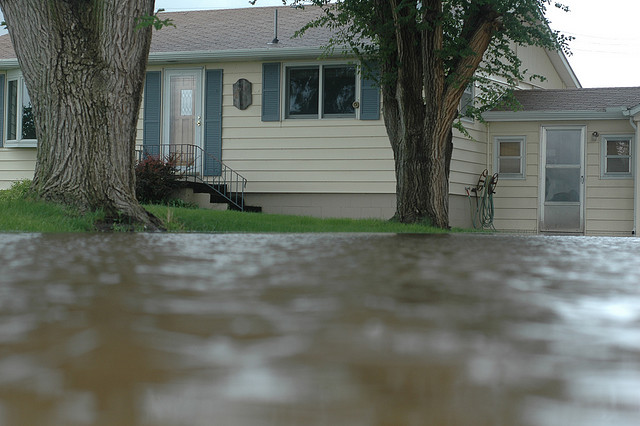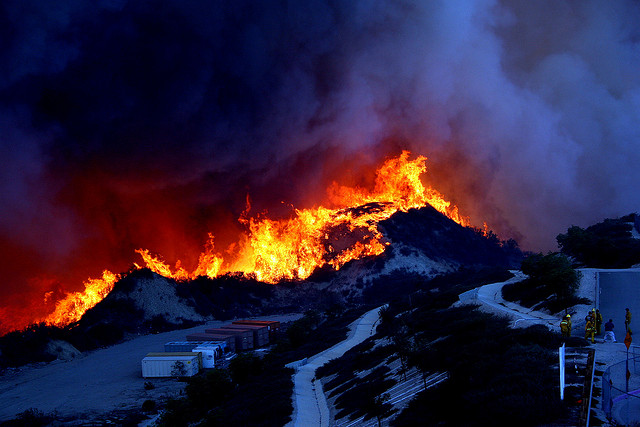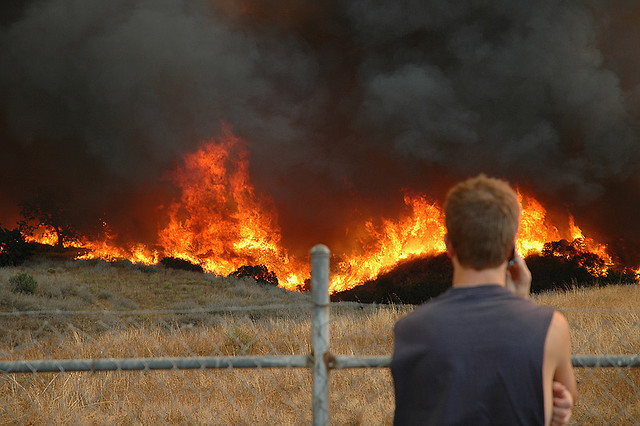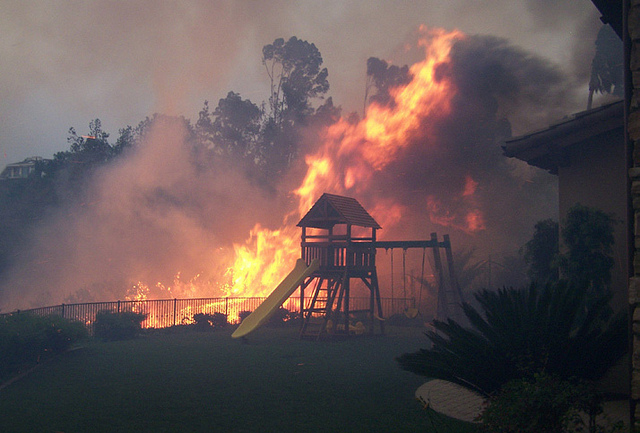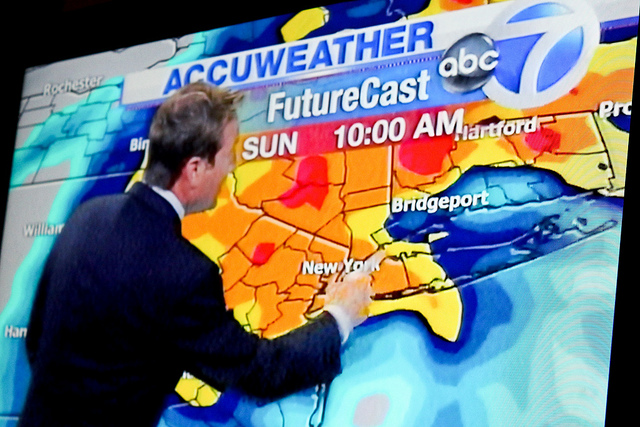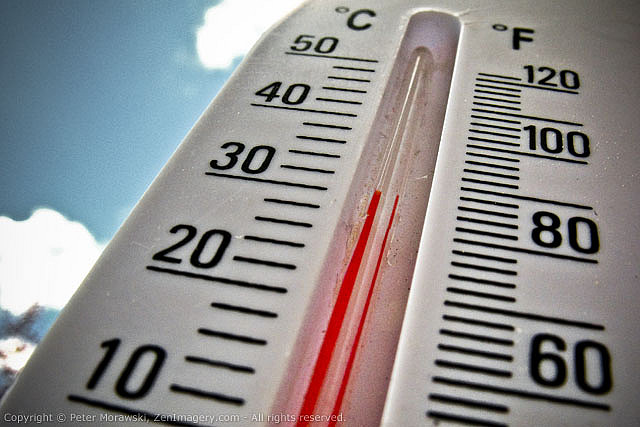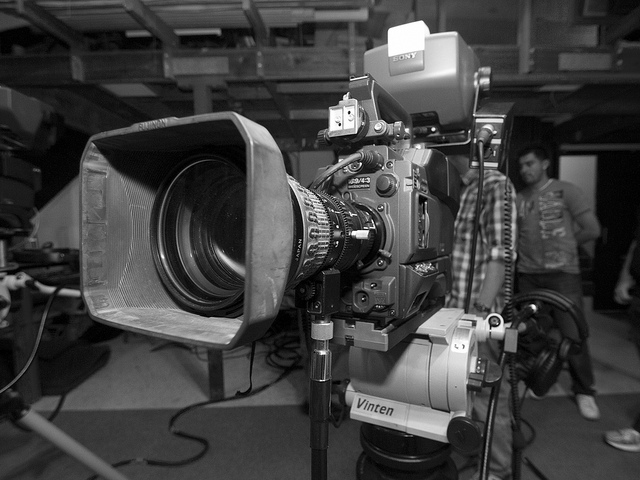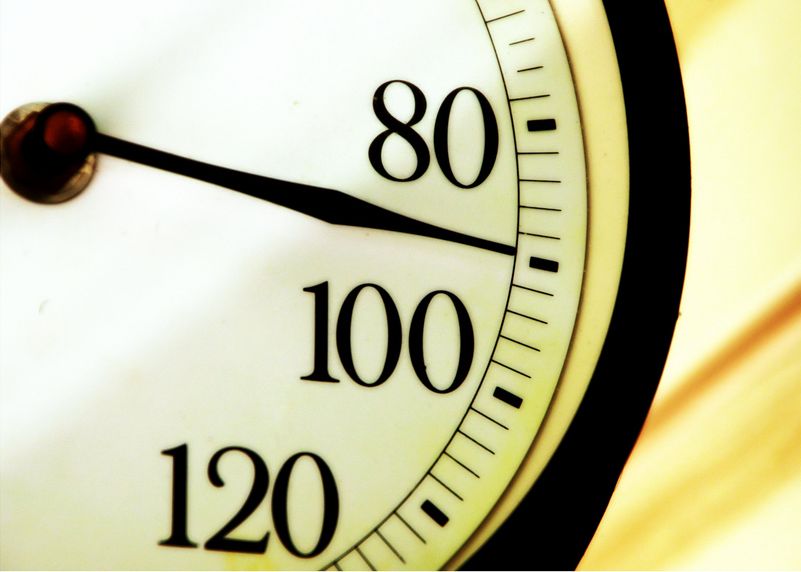Drought devastated vast swaths of the continent this year. Wildfires raged. More recently, Colorado got more rain in one work week than it often gets in entire years, causing flooding that washed away homes, roads, and bridges in Boulder, Colorado, and the surrounding area. The flood killed at least eight people and left hundreds unaccounted for. The rainfall has been called Biblical—and that’s by the National Weather Service which typically doesn’t editorialize. So, what do we make of all this destruction that seems out of the ordinary, but is often explained away as a fluke, as the result of natural variation, or as “historically bad luck,” as one Time editor dismissively put it?
All those factors—and others—certainly play a role in extreme weather. But the fact is that by changing the climate with carbon pollution we’re pushing our luck.
Little good can come from these catastrophes. But, at the very least, one hopes that out of the destruction and heartbreak will rise a frank discussion about climate change. But there’s work to be done to make that happen. As Steve Hendricks points out, if you run an online search for “Colorado flooding” and “climate change” or “Colorado flooding” and “global warming” “you’ll see that virtually none of our nation’s big newspapers or influential websites have a thing to say on the matter.”
But, how do you talk about it when the science is complicated and the politics are so charged?

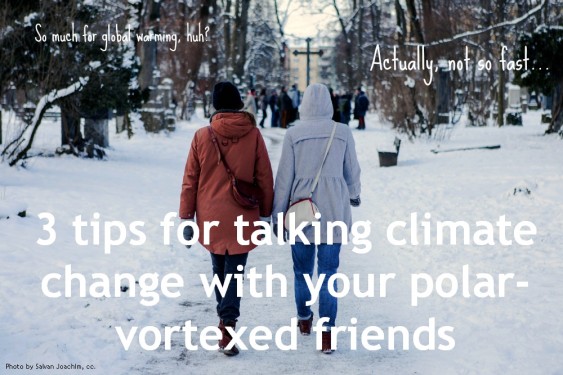 Photo Credit:
Photo Credit: 